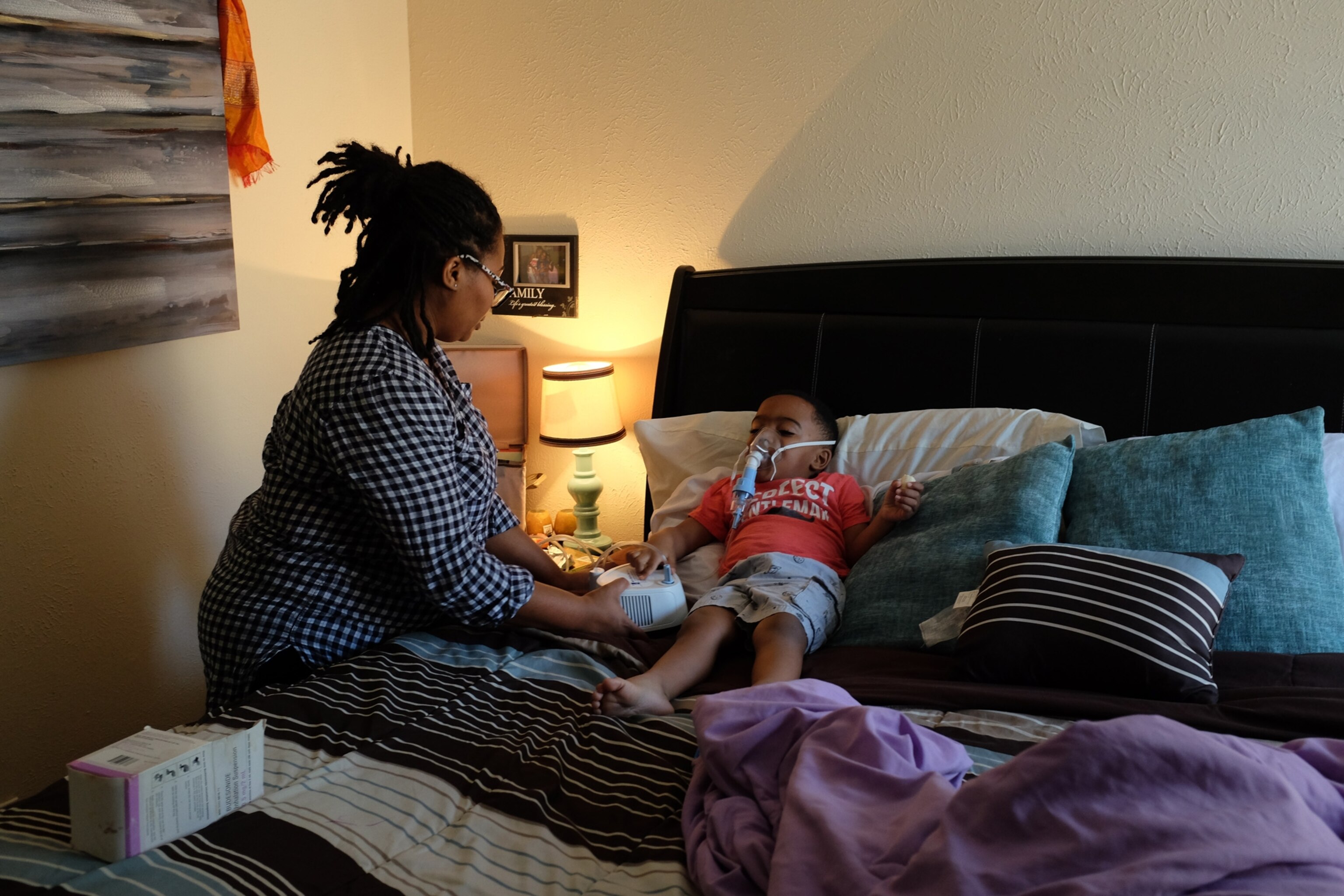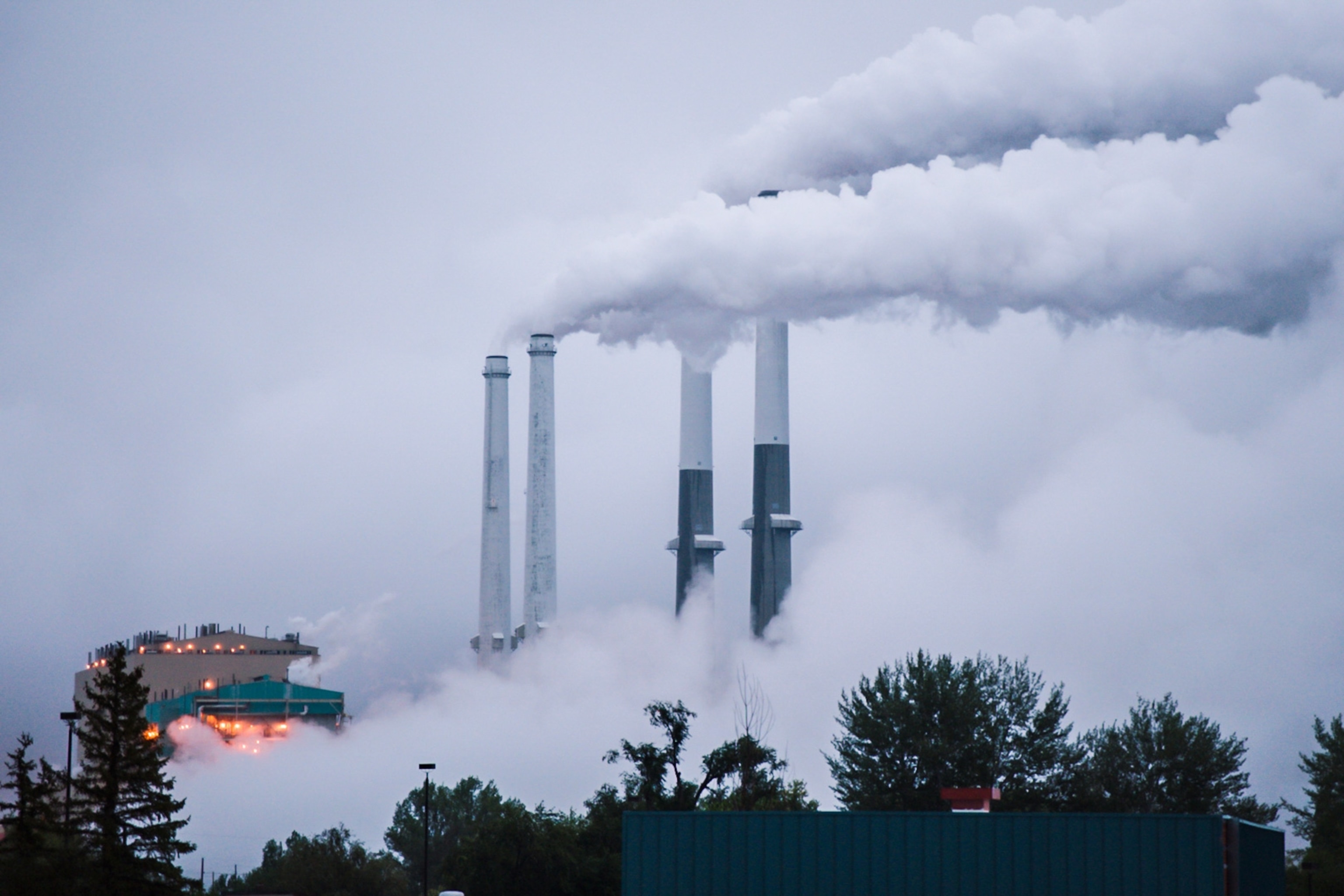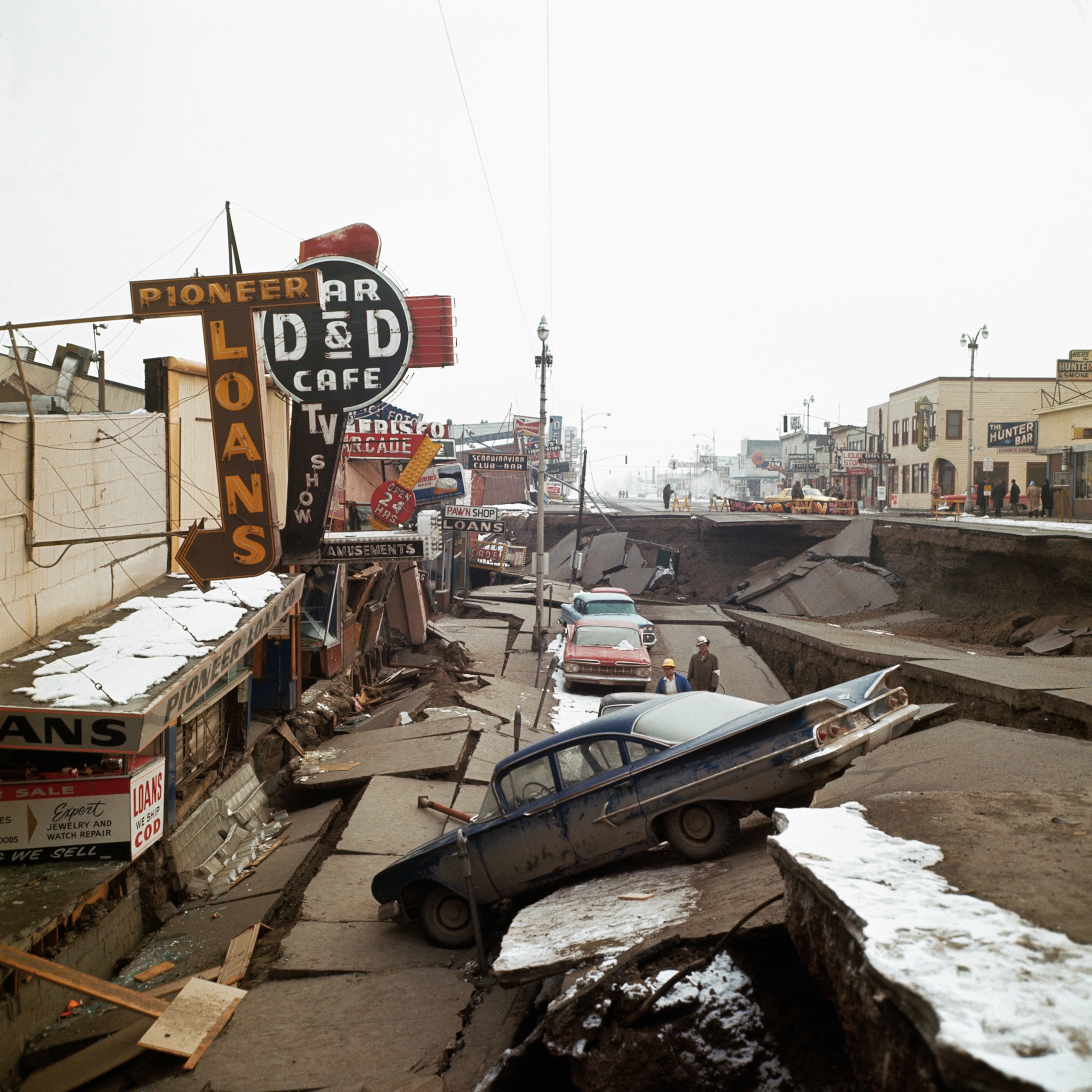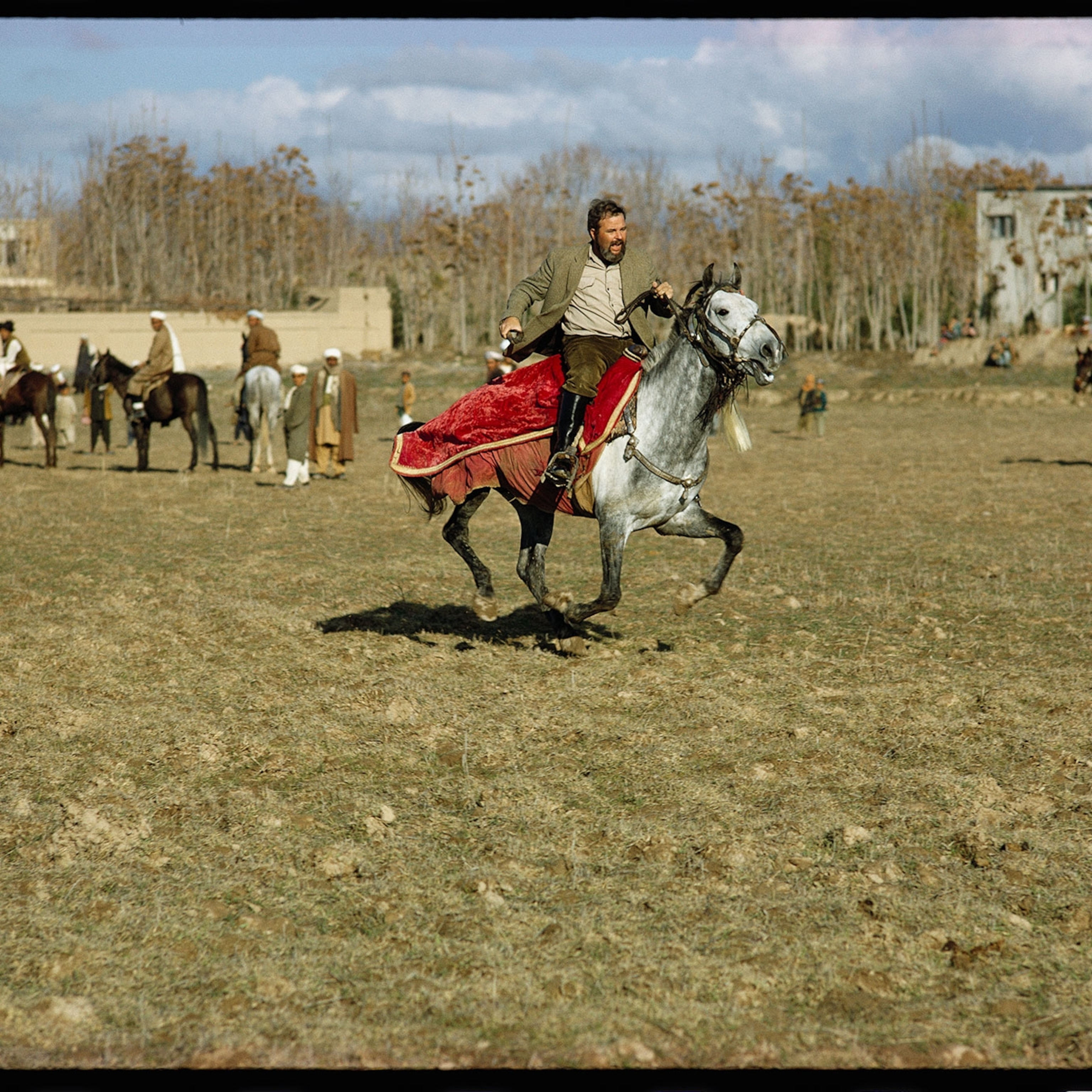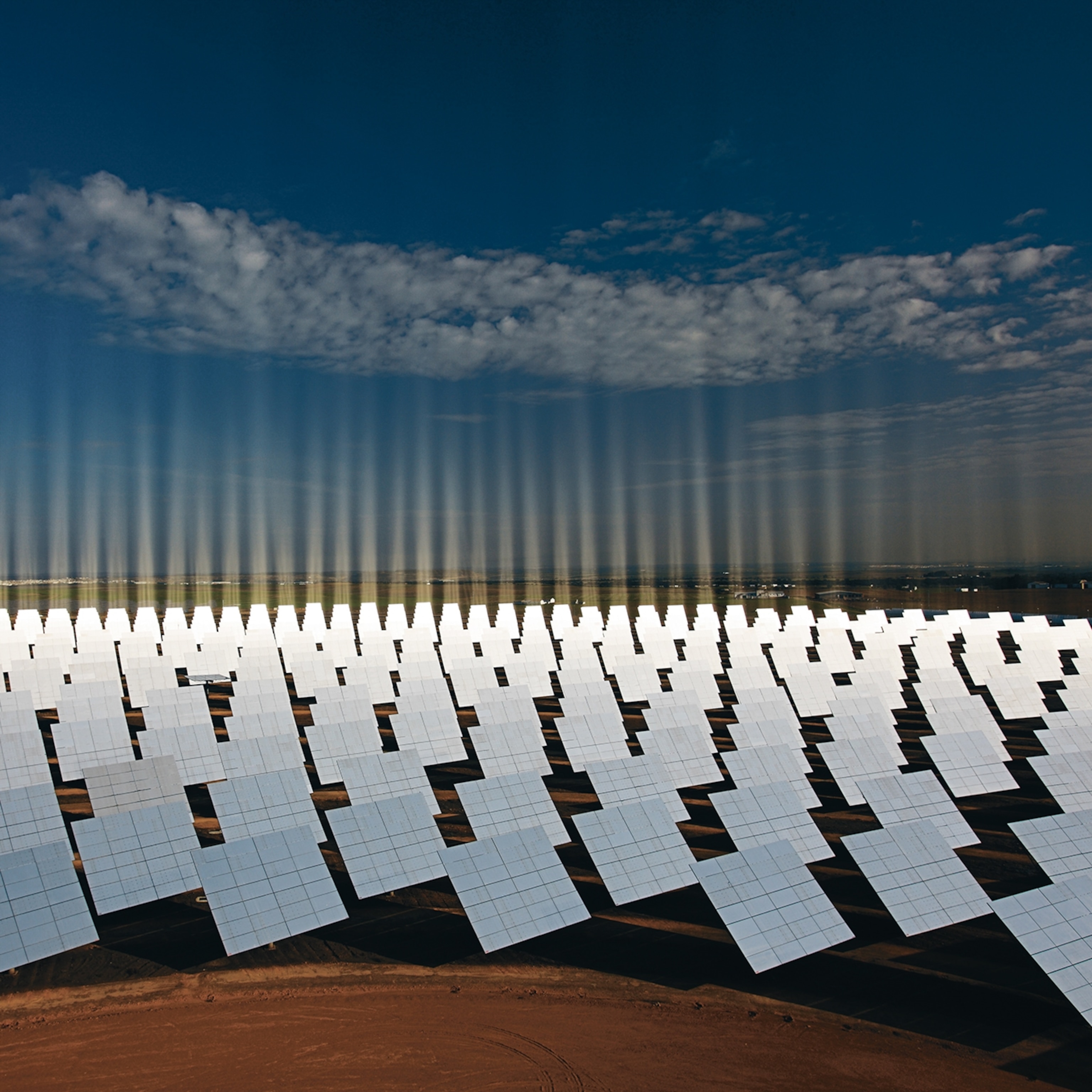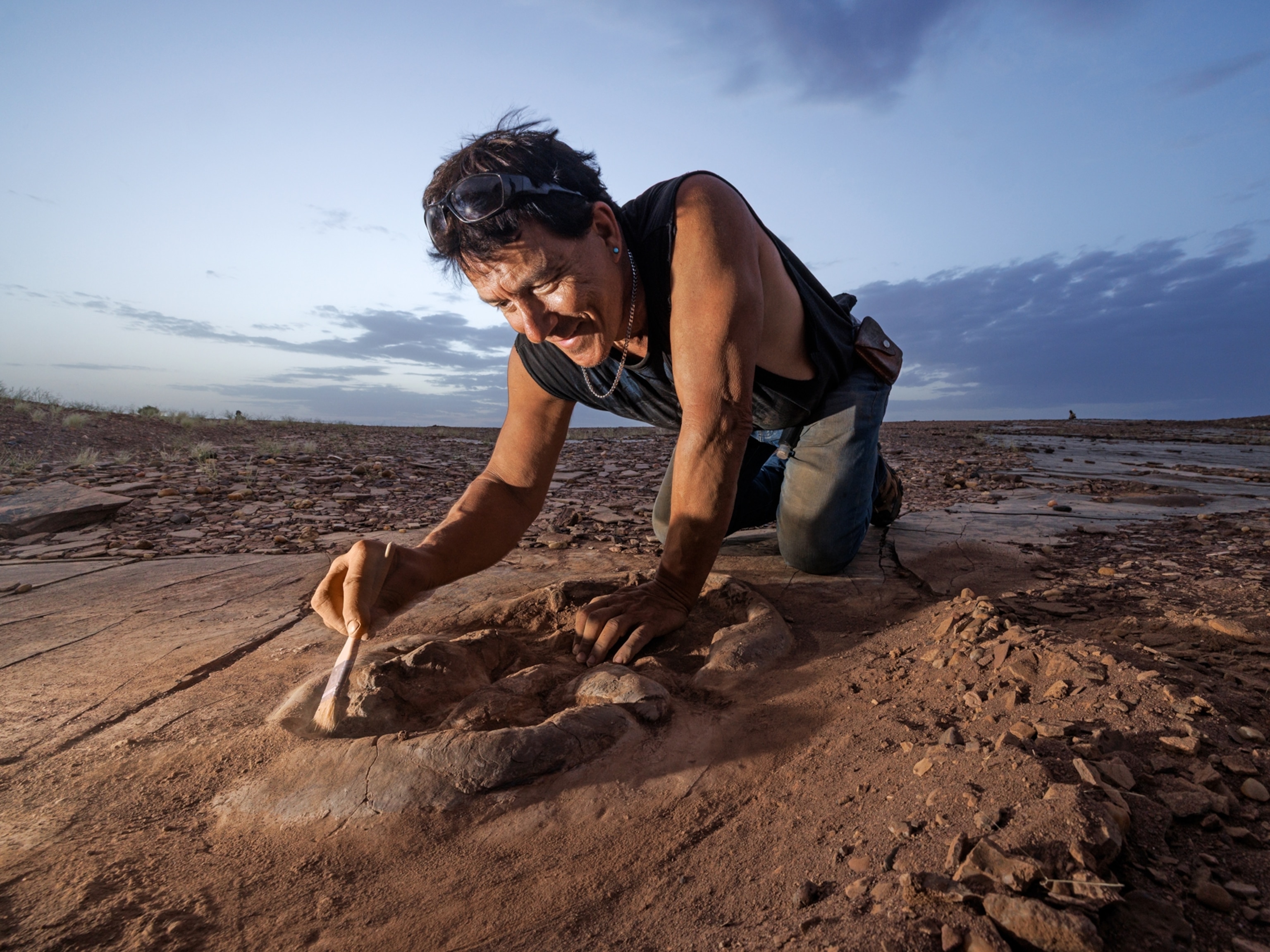Meet the People on the Front Lines of America’s Coal Wars
As the coal industry falters and alternative energy gains steam, hear the voices from all sides of the debate.
In today’s America, coal is a dirty word.
Advocates for clean energy point out that coal-fired power plants are the single largest source of the carbon dioxide emissions that contribute to global warming. Politicians argue that the coal industry provides tens of thousands of invaluable jobs to America’s blue-collar backbone. Public health officials warn of the myriad risks of mining and burning coal: respiratory disease, cancer, birth defects, death.
For their part, coal miners remember the generations of workers who provided for their families by powering America—and worry that they can’t do the same for themselves.
In From the Ashes, a new documentary from Emmy-nominated director Michael Bonfiglio, people on all sides of the debate get a chance to speak up. Here, Bonfiglio talks with National Geographic about filmmaking, climate change, and how fighting about politics runs in the American family.
You've covered sports, refugees, celebrities—coming from such a diverse background of work, what motivated you to work on From the Ashes? Have you ever covered something quite as partisan and polarizing as this issue?
Our approach was really to try and remove some of the inherent partisan and polarizing nature of the subject matter. I always try to approach whatever subject I'm working on with an open mind and curiosity. I knew almost nothing about this issue—I'm passionate about climate issues, but with coal, I was pretty ill-informed.
So I often think that if I'm learning things along the way and can share that with an audience, that's probably a good thing. I'm never really trying to tell anybody what to think, or even what I think. I’m just trying to take people on a little journey that often mirrors the one that I'm going on myself in diving into a subject.
You’ve mentioned that you often thought of your father during this project—you describe him as someone “you love but with whom you share essentially zero political beliefs.”
We fight about politics all the time. [Laughs] Which is, I think, a pretty common thing in America.
Has he seen this documentary? Do you think it could be a way to find common ground, and move forward in some of those discussions?
Yeah! Just to clarify, I have a really good relationship with my father—we just fight about politics all the time. We really, really don't see eye-to-eye.
He hasn't seen [the documentary] yet. He's going to watch it on Sunday night. And I do hope that it will offer—not just for me and my family, but for people across the country and around the world—a starting point to talk about some of these issues.
I think we're living in such a polarized time, politically, that we tend to write off one another's point of view if we don't agree with each other initially, or if we've picked our team and stick to it. What we tried to do with this film was bridge that gap a little bit. We just drew information in, looking at multiple sides of a story, trying to provide people with information and facts they probably haven't thought about. Unless they're super keyed into this issue, which I don't think many people are.
You do represent a lot of different sides on this debate—you've got people in the coal mining industry in different parts of the country, you've got environmental activists, politicians—but you also represent women, people of color, and indigenous people. What was it like reaching out to so many different perspectives?
We definitely had a concerted effort to have a diverse cast of characters in the film, to be representative of the demographic makeup of the country, but it also kind of just happened that way naturally. Particularly in regards to women—we found that a lot of the people on the front lines of this issue, who are dealing with the problems and fighting them, just happen to be women.
Like Deborah Graham, in North Carolina, the story we tell about coal ash. I don't think any of them thought they'd be fighting against the problems in their communities, but they were compelled to act when they were told they couldn't drink their water.
We wanted to show the sort of de-politicization of this issue—clean air and clean water don’t care if you're a Democrat or a Republican. These issues affect people of every political stripe. We politicize them in this country, which I think is a shame.
What was the most impactful moment that happened while you were filming?
Sitting in Regina Lilly's kitchen in Lincoln County, West Virgina, was an incredibly memorable experience. Regina and her family have been hit really hard on all sides by this issue. They're a multigenerational coal mining family and they're incredibly torn by what's happening in the industry.
And to be able to sit down and talk to someone like that, who I probably would not encounter otherwise in my day-to-day life—she just spoke with such honesty and candor. The time I spent with her and her family is going to stick with me for a long time to come.
You began filming this project in spring 2016, which feels like a very different time. What was it like to see this project move at such a quick pace, to feel that things were playing out in real time as you were working?
We were moving at a fast pace in order to get the film out in a short time, considering the breadth and scope of it. At one point I think we had five editing rooms going at the same time.
With a film like this, you have one shot at trying to be as current and accurate as possible. We found ourselves kind of chasing headlines at certain points. Just two and a half weeks ago, the film was done and had been delivered to Nat Geo and screened at Tribeca, but we had to go and make a change to a title card to reflect Trump's withdrawal from the Paris Accord. We had to make a lot of hard decisions: what can we say that is not going to change six months from now? (Read "6 Reasons Why U.S. Paris Reversal Won't Derail Climate Progress")
What's one thing you took away from this project?
I took a lot away from this project! But I think ultimately it is hope. We're seeing a lot of things happening, or appearing to happen based on the rhetoric that's coming out of the Oval Office on a daily basis, that is very discouraging in terms of climate and public health. (Read “A Running List of How Trump Is Changing the Environment”)
But the real change is happening in terms of the market. People all around the country—individuals, utilities, states, cities, major corporations—are saying we want to move to a renewable energy system. And it is happening. (Explore what your state's energy mix will look like with 100% renewable energy.)
So that's ultimately what I take away: hope, that we can do this. Regardless of the setbacks, it's already in motion. The real question is how quickly we can make that transition. One of the really exciting things about that transition, when you look at employment issues in places like West Virginia, where the reduction in jobs has been happening steadily for decades, is the amount of opportunity that is there for the people who have spent generations powering the country.
If we do right by them in this transition, those folks will have good employment for generations to come. So there's a lot of reasons to be hopeful, and I hope that people take that away from the movie.
Is there any last thing you'd like to say?
At fromtheashesfilm.com people can donate to our crowd-funding campaign, where Bloomberg Philanthropies is matching funds up to $3 million, and the money is going to support organizations that are working to diversify the economy in regions affected by coal. I would urge people to do that. And also watch the film!
